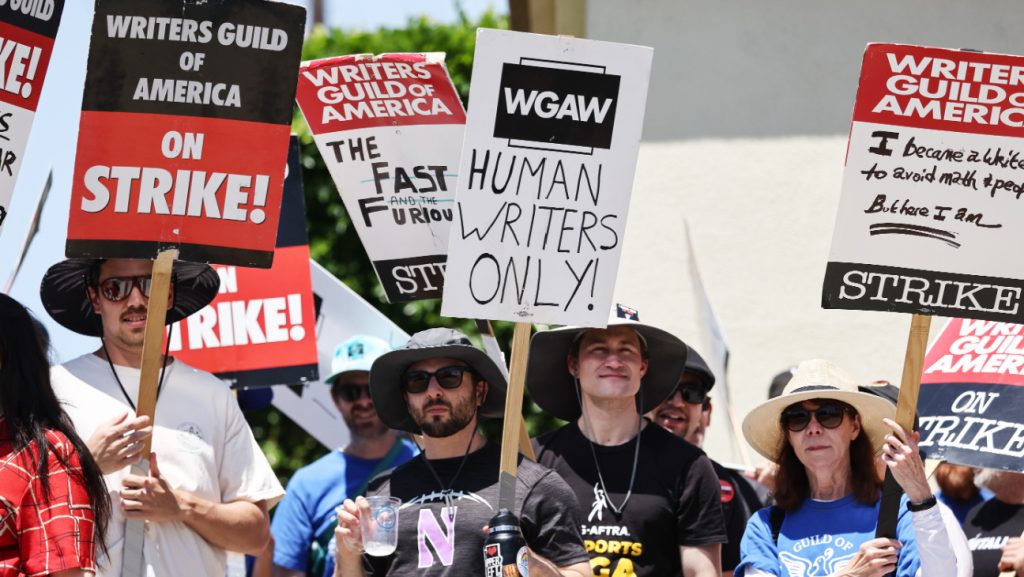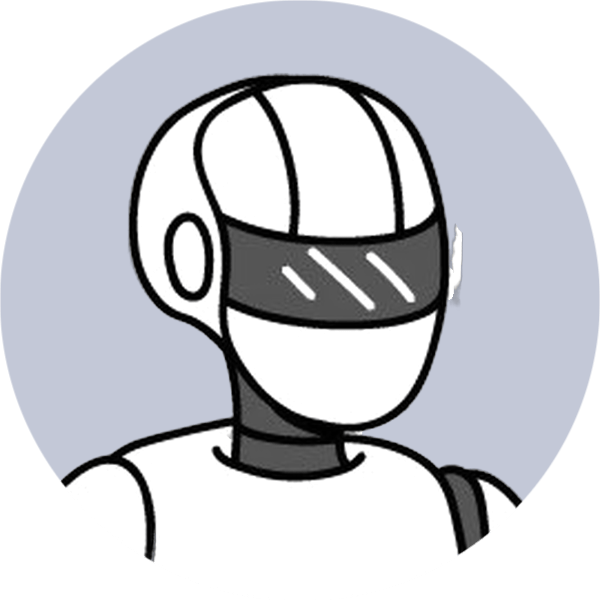
The Impact of AI on the Hollywood Landscape
The emergence of artificial intelligence (AI) has significantly transformed Hollywood, akin to a seismic shift. In 2022, amidst layoffs and impending writer strikes, the industry faced considerable challenges. That fall, OpenAI introduced an early demonstration of ChatGPT, marking a pivotal moment as AI began to penetrate the collective consciousness. Notably, the song “Heart on My Sleeve,” featuring AI-generated vocals of artists Drake and The Weeknd, set the stage for the evolving conversation around AI in entertainment.
In response to these developments, entities like SAG-AFTRA and the Recording Industry Association of America mobilized their lobbying efforts in Washington D.C. They found significant support from key senators, including Chris Coons, Marsha Blackburn, Amy Klobuchar, and Thom Tillis. These discussions ultimately led to the introduction of draft legislation aimed at safeguarding artists against unauthorized use of their likeness and voice in generative AI applications.
Legislative Movements and Studio Responses
As the landscape continued to shift, Jeffrey Bennett, general counsel of SAG-AFTRA, noted that the groundwork for the “No Fakes” initiative began well ahead of any strikes, catalyzed by the reactions to AI-generated content like “Fake Drake.” Studios remained cautious, opting to wait for a clearer understanding of the proposed legislation. Executives expressed support for measures that align with their interests, particularly those that would allow for the use of “digital replicas” in artistic expressions like parodies.
When the bill was proposed, the Motion Picture Association (MPA) acknowledged the importance of safeguarding free speech while advocating for certain allowances that would not impede the creative process. The MPA’s interests span a broad spectrum, from protecting existing intellectual property rights to exploring how AI might play a role in future productions.
The Growing Divide Between Unions and Studios
A notable rift has emerged between Hollywood’s unions and studios regarding AI’s role in content creation. During a recent earnings call, Netflix co-CEO Ted Sarandos acknowledged the transformative potential of AI tools for creators while emphasizing the value of enhancing content quality over merely lowering production costs.
Much of the ongoing debate over AI is unfolding at the U.S. Copyright Office, which recently highlighted the “urgent need” for regulations addressing deepfakes. The agency has engaged in discussions with various industry representatives, highlighting the tension between Hollywood unions and technology companies that are increasingly investing in AI tools.
Challenges Surrounding Copyright and AI
The unions have separated themselves from the MPA as they debate the necessity of new laws to govern the unauthorized use of copyrighted material for training AI systems. Conversely, studios contend that existing regulations adequately address the concerns, advocating for more flexible standards around copyright for AI-generated works.
The hesitancy stems from significant legal constraints that inhibit large-scale adoption of AI in production workflows, particularly regarding copyright eligibility for machine-generated creations. Showrunner Mark Goffman expressed frustration over strict requirements for studios seeking to utilize AI-generated content.
AI’s Role in the Future of Filmmaking
Despite these challenges, filmmakers are increasingly integrating AI into their processes. Momo Wang, an animation director, shared how large language models assist in research and language translation, thereby enhancing her creative output. The potential for AI to enrich storytelling is being recognized, though concerns remain about its implications for the integrity of traditional filmmaking practices.
AI tools, such as OpenAI’s Sora, have generated buzz for their ability to produce hyperrealistic video clips in response to simple text prompts. While some creators see the technology as an innovation, others express skepticism, fearing that reliance on AI undermines artistic authenticity.
The contrasting views from studios and unions set the stage for ongoing negotiations and discussions on the future of AI in Hollywood. As the industry’s landscape continues to evolve, the dialogue around AI’s role remains critical.
At HAL149, we specialize in developing AI assistants tailored to enhance business efficiency. Our AI solutions streamline tasks such as customer service and content generation, allowing companies to unlock their growth potential. To learn more, visit our website: HAL149. For inquiries, please reach out via our contact form or email us at hola@hal149.com.
